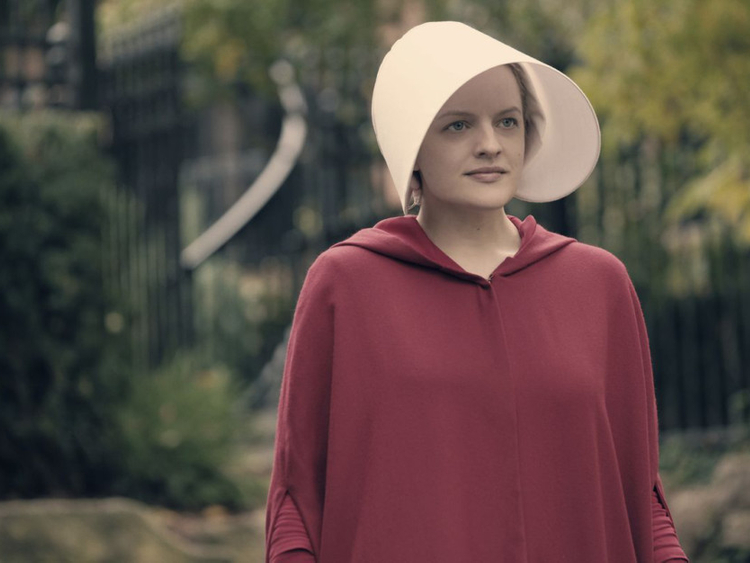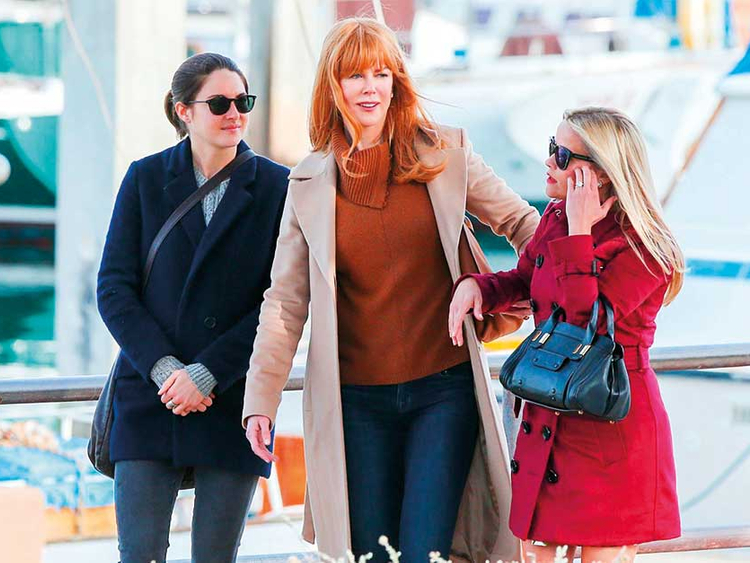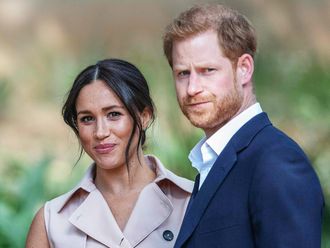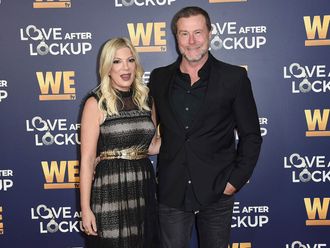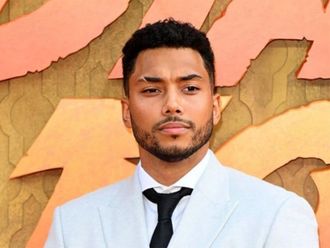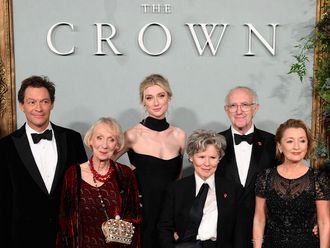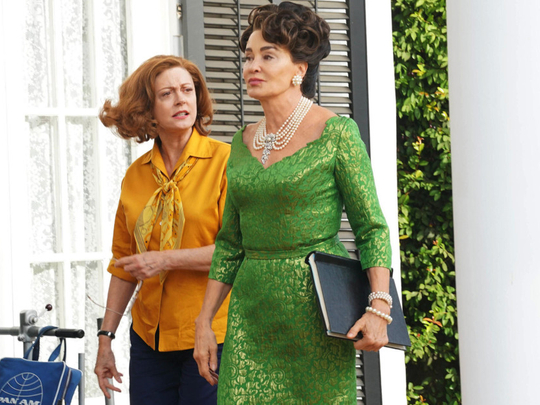
Forget playing “the girlfriend” or “the mum.” Television is proving an embarrassment of riches for women thanks to complex, original characters and female-centric plots that are attracting Oscar-calibre movie stars to the small screen.
Once regarded as the step child to Hollywood movies, A-list actors like Nicole Kidman, Reese Witherspoon and Susan Sarandon are flocking to TV series, and jostling for this year’s Emmy awards.
And there is more to come. Oscar winners Julia Roberts and Penelope Cruz have their first big TV series lined up for next year, while five-time Oscar nominee Amy Adams is due to return to the small screen for the first time since 2005 as the star of HBO’s Sharp Objects. “There is no stigma attached to doing TV anymore, given the opportunities and the writers who are working in television,” said Debra Birnbaum, executive editor of television at Variety.
“There is great storytelling with multi-layered, dimensional, rich characters and real women,” she said.
While women have long complained about the paucity of good parts for women in Hollywood movies, this year’s female Emmy nominees read like a Who’s Who of acting.
Feud: Bette and Joan, starring Jessica Lange and Sarandon as Hollywood rivals Joan Crawford and Bette Davis, is seen by awards pundits in a close race for the limited series Emmy in September with Big Little Lies, a murder mystery against a backdrop of wife battering, adultery, rape and gossip.
“This was a great year for women’s stories on television,” said Ryan Murphy, creator of Feud, after the show won 18 Emmy nominations on Thursday.
Big Little Lies stars Emmy nominees Kidman, Witherspoon, Shailene Woodley and Laura Dern in a tale of rivalry and sisterhood in which men take a decidedly back seat.
It was picked up and produced by Kidman, 50, an Oscar winner for The Hours, and Witherspoon, 41, who took home the Academy Award in 2006 for Walk the Line, as their first starring roles in series television. The show has 16 Emmy nominations.
“There is an incredible audience for stories about women in different places in their lives, and not necessarily about their definitions of themselves in romantic ways,” Witherspoon said on Thursday.
She said she and Kidman chose to make Big Little Lies for television rather than as a movie because of TV’s ability to connect audiences with longer stories.
“The idea that the only prestige content is in movie theatres is a fallacy,” she added. “Our show was watched pretty much equally by men and women, so the idea that men don’t want to watch stories about women is completely false.
“If anything it felt that you were pulling back the curtain on female behaviour a bit for men, showing their interior lives, how they communicate and how they withhold.”
This year’s best actress contenders also include Elisabeth Moss in the chilling TV adaptation of Margaret Atwood’s The Handmaid’s Tale, Claire Foy as a young Queen Elizabeth II in The Crown, and Viola Davis as a flawed criminal attorney in How To Get Away with Murder.
Madeline Di Nonno, chief executive of the Geena Davis Institute on Gender in Media, said it was “inspiring to see such a full spectrum of female characters that are flawed and very relatable.”
That’s partly a result of the sheer number of television programmes now on offer — around 400 scripted shows — and the creative freedom offered by disruptors like streaming services Amazon, Netflix and Hulu, who have upended the traditional broadcast model with bold, commercial-free content.
Di Nonno said it’s also due to concrete steps by veteran TV showrunners like Murphy, Shonda Rhimes, and Melissa Rosenberg to hire more female writers, directors and women behind the camera.
“It excites me to see such rich roles for women on television,” said Birnbaum. “Emmy voters definitely have their work cut out.”



